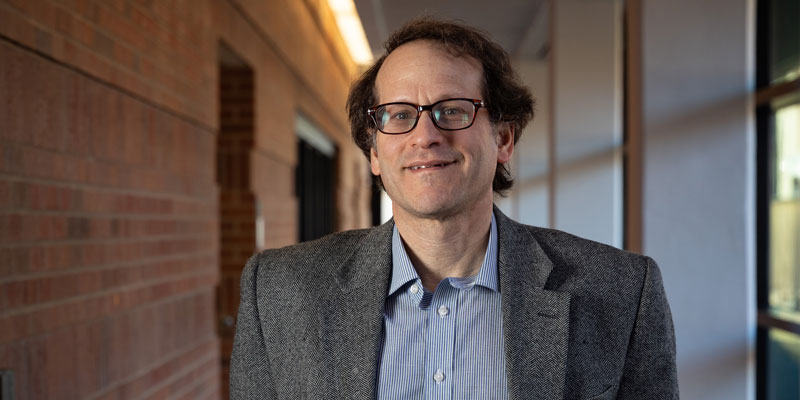New associate dean shares his vision for faculty research and areas of potential future growth in biological discovery.

David Greenstein, a longtime faculty member in the Department of Genetics, Cell Biology and Development, recently stepped into a new role as associate dean for research in CBS. His own research focuses on intercellular signaling’s impact on protein translation to regulate oocyte meiotic maturation. This process is required for the reproduction of most or all animals. We recently caught up with Greenstein to hear more about his research and his vision as associate dean for research in CBS.
You are a longtime faculty member with your own active research program. What attracted you to this new role?
My teachers in graduate school shaped my values and career trajectory by emphasizing two key areas: (1) the importance of remaining active at the bench throughout one's scientific career; and (2) the importance of contributing outside the lab through service to the field (peer review, public policy, and outreach). Thus, throughout my career I have been active in a variety of service, research, and administrative roles for the larger scientific community and our institution. When this position opened up, it coincided with a transitional period in which I was completing a number of other service responsibilities. I was attracted to the possibility for having a broader impact on the institution I love with this new position. And somehow, I seem to be able to keep doing experiments!
Are there particular areas of research in the biological sciences you are excited about right now?
Yes! I think advances in artificial intelligence and our computational ability to analyze large and complex datasets are going to revolutionize biological understanding from molecules to ecosystems. At the same time, I think for the foreseeable future, genetics will remain the fundamental biological science because what sets living things apart is that they possess the instructions for their own assembly. Predicting phenotype from genotype will remain a central challenge both for biological understanding and also for precision medicine.
What are some opportunities you see so going forward to advance research activities in the College?
I think we have a great opportunity at the University of Minnesota for interdisciplinary research. The young scientists we have hired (and are hiring) are very adept at collaborating across platforms and networking. They seem to be very resourceful at identifying networks of productive scientific interactions, not only with colleagues at our institution but more broadly. Also, I think it is fantastic that some of our best undergraduates at the U of M are interested in the biological sciences and are pursuing undergraduate degrees in our College. This contrasts with what colleagues tell me is going on at other institutions. Clearly, fundamental understanding in the biological sciences is a value for Minnesotans pursuing college education and this also attracts like-minded students from other states and abroad.